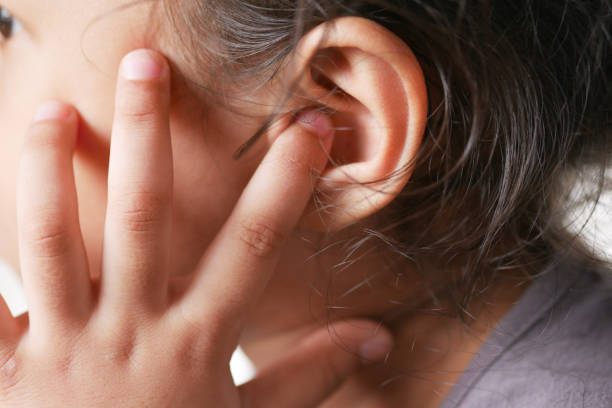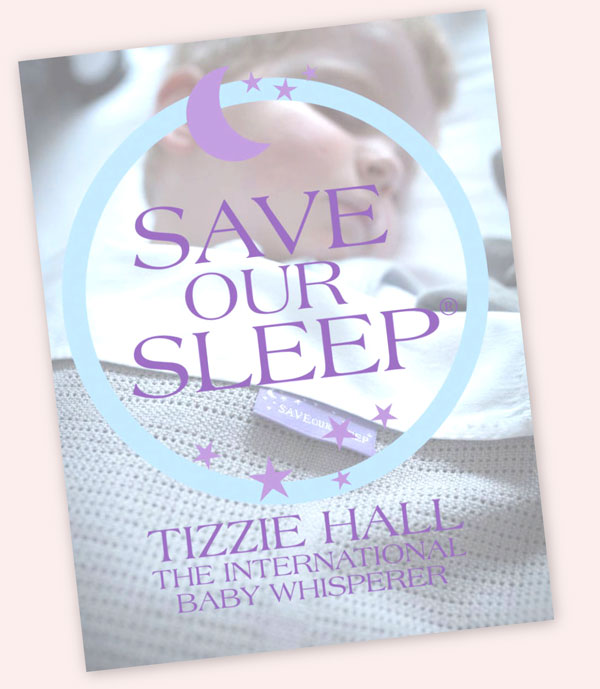Babies often get ear infections after they have had a cold or a cough. This is because there is only a small tube extending between the ear and throat and infection can pass through it quite quickly. By the time they have started school, most children have had an ear infection of some form.
I have also known some babies to get an ear infection every time they cut a tooth. I am sure the ear infection is not related to teething, but perhaps the baby’s immune system is not working as well at that time.
If you are at all concerned that your baby may have an ear infection, take him to see your doctor.
What causes ear infections?

Ear infections are caused by a bacteria or a virus in the external, middle or inner part of the ear.
The most common type of ear infection in young children is called otitis media: otitis is the word given for inflammation of the ear and media refers to the part of the ear that is infected, in this case, the middle part.
How to treat ear infections?
Ear infections are usually treated with antibiotics along with pain relief such as paracetamol, which will also help reduce any accompanying fever. You can also hold a warm cloth under your baby’s ear while you hold your baby’s head to the side to help relieve the pain.
If your baby has an ear infection he will be in some pain, which means he may cry a lot and pull at his ear. He may suddenly be waking frequently at night, or he may be off his food and also refusing milk feeds. He could also have a raised temperature and you may notice he is not hearing as clearly as usual.
Glue ear
Repeated ear infection may lead to a condition called glue ear where some sticky fluid gets trapped in the middle ear. This can have an effect on your baby’s hearing. If you feel that your baby’s hearing has not come back to normal a few weeks after an ear infection, consult your doctor as this could be an indication of glue ear. In most cases a decongestant helps clear the fluid but sometimes a small operation may be required to remove the fluid and dry out the ear.




